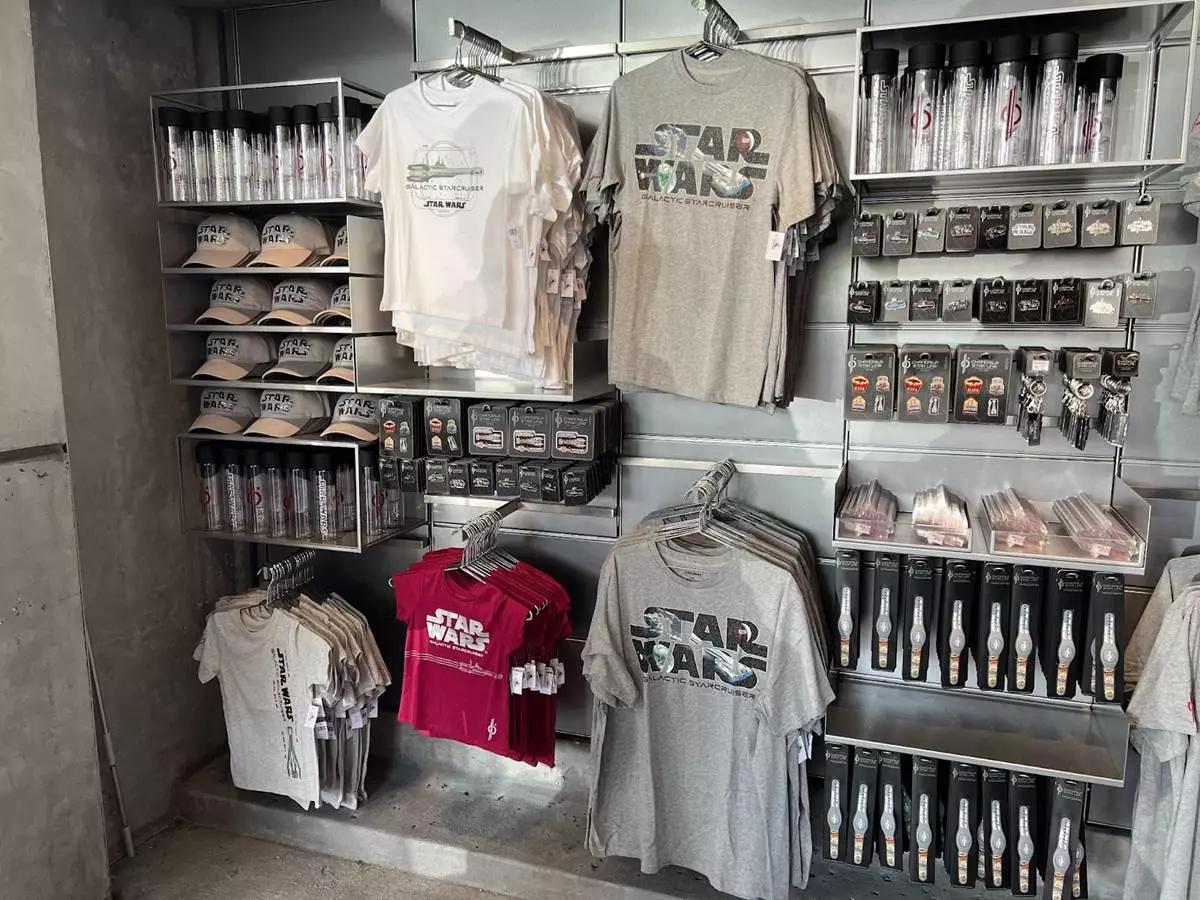
Personal Finance
Money at 30: The Exclusivity Trap
If you’re reading this article shortly after it’s posted, there’s a good chance that I am currently on Disney’s Star Wars: Galactic Starcruiser. In case you missed my previous post on the matter, this is a pricey experience — and one that can get even more costly if you let it. Once onboard, while things such as food, beverages (minus alcohol) and, later, park tickets are included with your room rate, there are some merchandise items available for purchase that cannot be bought elsewhere.
As you can imagine, this can lead to some very real temptation and FOMO for collectors and everyday customers alike. In fact, exclusivity is an effective trick that retailers and other brands looking to get us to spend money often use. So why does it work? Here are three reasons why “exclusive goods” can lead consumers to buy things they otherwise might not.
3 Reasons Exclusivity Is An Effective Marketing Tactic
It makes us feel special
Let’s face it: a big reason why we want to purchase items that are being billed as “exclusive” is so that we can feel special. In our Starcruiser example, having this specialty merchandise will immediately broadcast to our fellow Disney geeks and parkgoers that we were among the early adopters of this new experience — and don’t you wish you were as cool as us?! Sure, we may try to justify picking up these items as souvenirs or “something to remember the experience by,” but make no mistake that the slight feeling of superiority you’ll receive along with the items themselves is definitely billed into the price.
It demands a timely decision
The best purchases we make are those that we have time to fully consider, assess, and even price hunt for. Alas, that’s not often possible when it comes to exclusivity. After all, this opportunity is only coming around once so you’d better not miss it. In reality, purchases made under such conditions can easily lead to what’s known as “buyer’s remorse” — but, in the moment, many of us can only think of what will happen if we don’t pull the trigger and open our wallets. However silly, we all fear the one that got away… even if that’s a t-shirt.
It implies scarcity
Going hand in hand with the timeliness that exclusive items demand, there’s also the implication that these items are in high demand and may not be available to you for long. Of course, this might not be entirely true, but we worry it might be. While it may be the case that these items are only sold by Disney as part of this experience, who’s to say how long these particular pieces of merchandise will be sold? In other words, the pin you impulse bought for fear of never having the opportunity to buy it again may well still be available 10 years from now — not to mention that Disney is under no obligation to keep the items exclusive forever. Unfortunately, by the time that happens, the damage is already done.
To be clear, I’m don’t mean to imply that it’s never a good idea to purchase exclusive items when presented with the opportunity. Instead, I’m merely suggesting that consumers acknowledge the mind tricks at play in these situations and navigate them accordingly. Then, if you decide the purchase is right for you, congratulations! But, if you start to realize (like I often do) that the promise of exclusivity is really what’s attracting to an item and not the item itself, it may be best to just walk away and leave that piece of gold for some other sucker.








